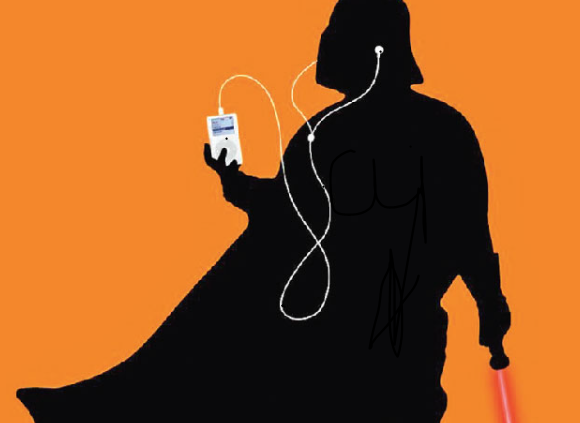If you think iPods and pocket players already have enough, you don’t know what music should sound like. Read on why it is so. All that you have been consuming was fast food, but not nutrition and ‘life’! In this guide, we’ll let you know how technology can kill or kiss music?
When William Shockley, Walter Houser Brattain, and John Bardeen, invented a transistor, the first application was an audio amplifier that was wired by their students and plaid music to the loudest until late hours. The inventors felt a nuisance of their own invention. However, that invention changed the very course of all electronics and computers in the entire world in the years to come. For the first time in history, an engineering application was given a Nobel prize in Physics. In 1956, they shared the prize.
The interesting point here is, that the immediate conceivable idea that came to an engineer was audio! And for music!
Gramophones, Cones, the Mechanical Permutations of Technology bent on Sound:
The first-ever amplifier was non-electrical. It was completely mechanical. The horn picked vibrations directly from the stylus and shouted it loud. The loudness was a mathematical function of the shape, length, and overall design of the horn. Eventually, thermionic valves replaced the mechanics. They offered an excellent linear response to a wide audio frequency range. Even today there are loyal engineers, who would design a music system around valves. Eventually, valves were replaced by transistors and integrated chips which offered compactness, less power consumption, and more output power.
But a linear frequency response for an entire spectral range is a tradeoff even today. Keeping aside the history, at the moment we are on the stage, where we compromised the quality of music for compactness and efficiency. Other engineers argue it’s a tradeoff, but being both an artist and engineer, I call it a compromise. Read more about How Music Helps With Stress?
We humans, fundamentally love art. We love pictures and sound. The ability to manipulate pictures and sounds is a never-ending journey, both in the trajectories of technology and aesthetics. Our lives depend on it. Music is a natural response to life. Life responds in return. We create it and consume it. It is created out of life and merges back into life.
Coming to Terms with the Oddball Relationship Between Music and Technology
I used too many ‘life here because I am searching for them in the contemporary music world. Technology is not always about offering a solution, but commanding us to use it or restricting our choices. The fundamental aim of art is to bridge the creator and consumer. It is not just about the final output, but also how the creator, created it. Don’t we visualize the artist, the process of creation, at least once when we hear music?
- The quality of music reproduction I mentioned is affected by various factors, those I will be discussing in the next couple of installments. They are
- Size matters. Pods and smartphones use cheap Class-D amplifiers on the outputs. The least budget is spent on the audio section in most. It is a quick fix. No linearity. No wide frequency response. If you want to achieve more in a small space, do a dirty trick!
- Quantity is quality with music. Most music compression is lossy. Vital portions of the music are compromised for efficient storage. When the cost of a hard disk or solid-state memory was high, compression made sense as a choice. But the ‘raw’ quality of music demands a lot more than what is offered in today’s compression.
- Why a physical-music sale still makes sense. It compliments online sales. And how to do it.
- The economics and new opportunity for creators and consumers.
Music is an ecosystem of much more than a creator, consumer, and mediator. The people hiding in between are technologists. We will be discussing them rigorously in my next posts.

